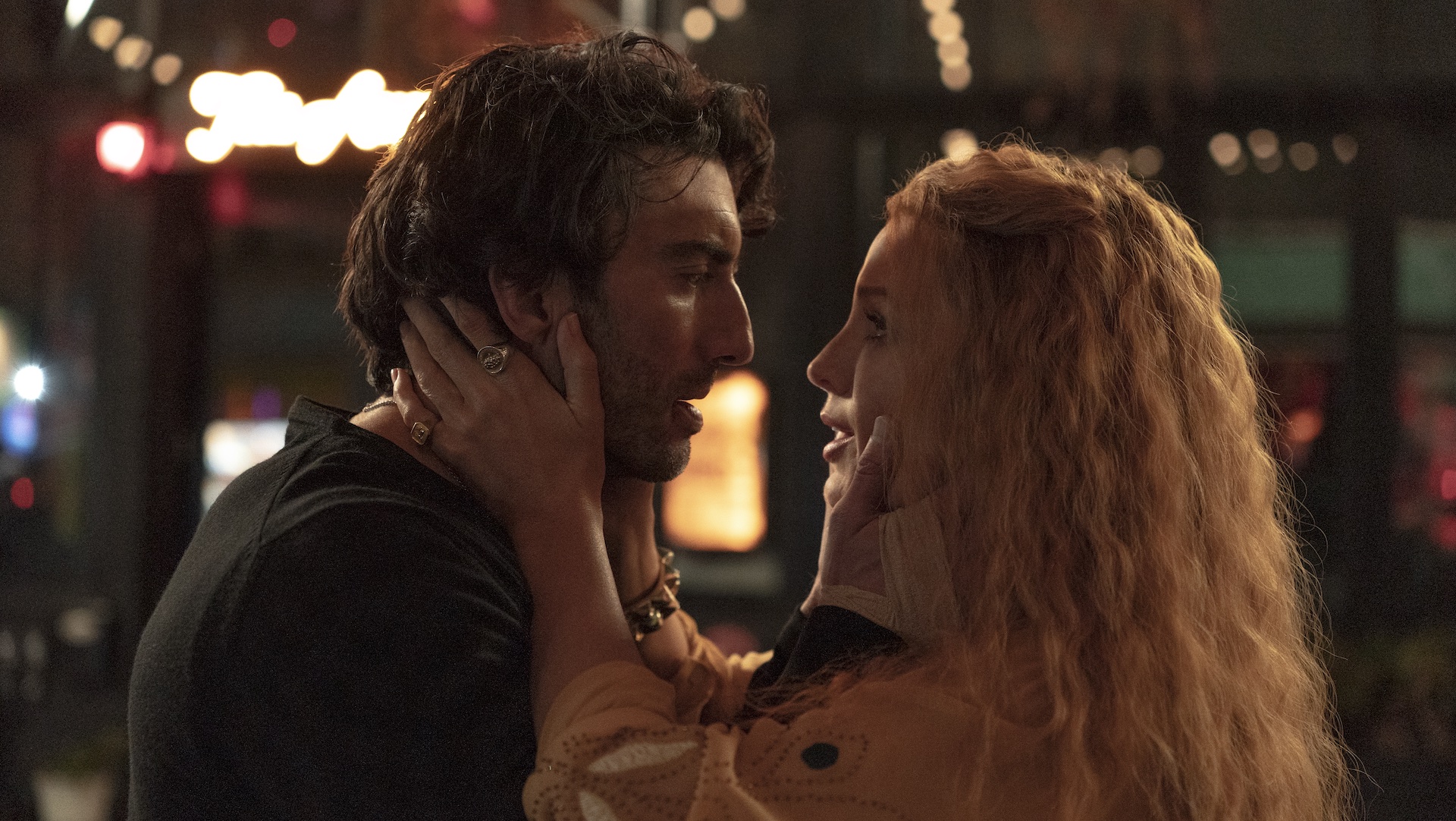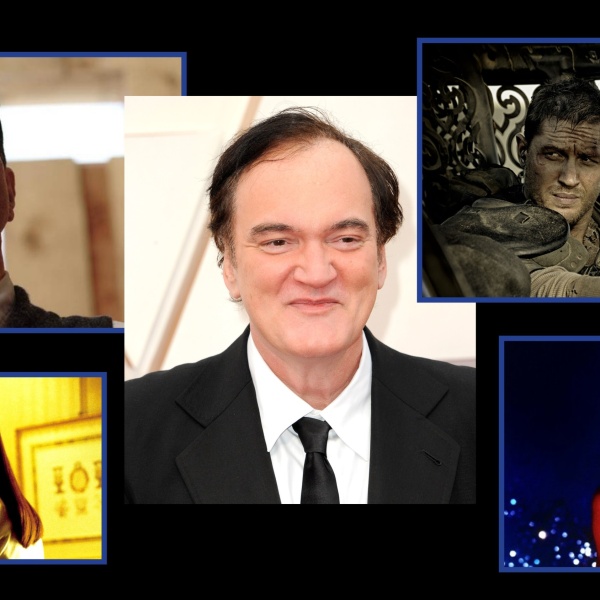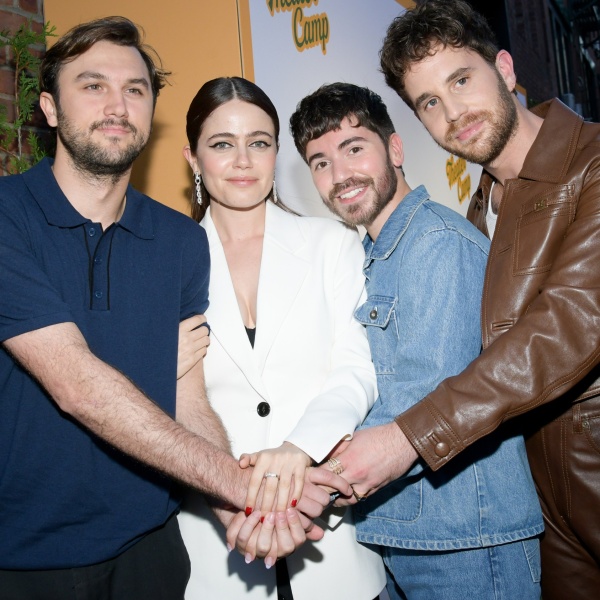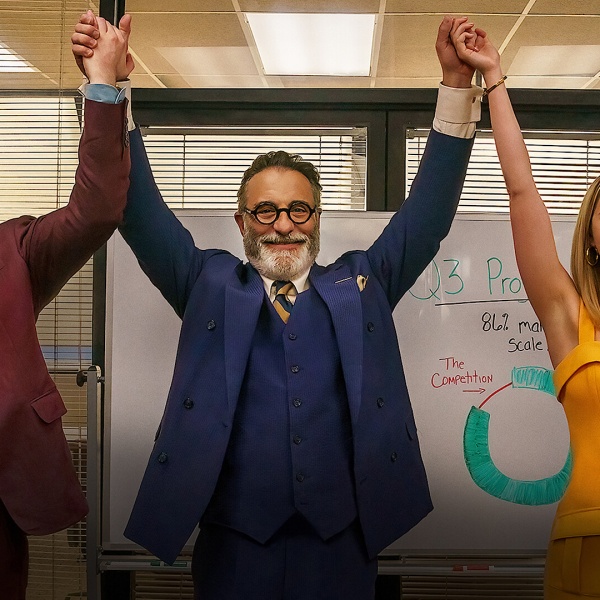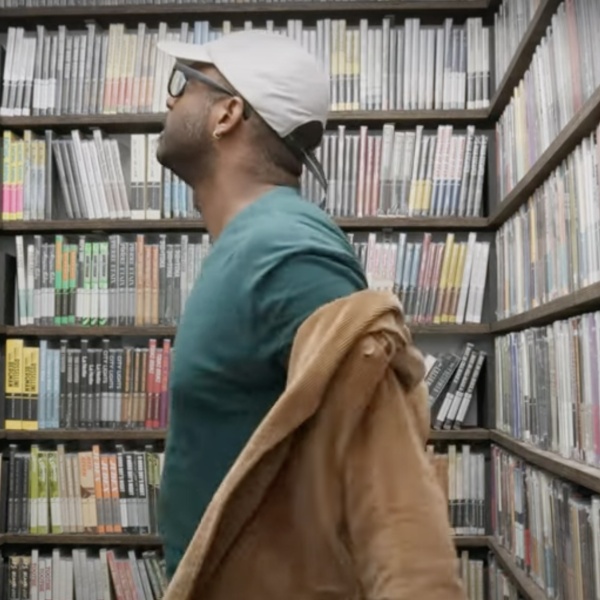Sometimes, you go into a movie knowing its entire plot already. Justin Baldoni’s “It Ends with Us” certainly isn’t trying to conceal the story laid bare in the film’s trailer — all of it based on the 2016 bestseller by Colleen Hoover that was a smash amongst the BookTok faithful — leading to some delicate choices to keep things moving and interesting over the course of more than two hours of running time. Armed with a script by “Daddio” filmmaker Christy Hall, “It Ends with Us” manages to sensitively handle its delicate subject matter, though largely at the cost of a more intricate narrative.
The film begins with Lily Bloom (Blake Lively), a New England florist who connects instantly with neurosurgeon Ryle Kincaid (Baldoni, pulling double duty as star and director). Their first interaction on a Boston rooftop is almost a meet-cute — except that Lily’s dad died just a few days prior, and Ryle’s carrying his own grief and enough emotional anguish to kick over a chair. But their love story blossoms (sorry), first with flirtation and sexual tension right out of a full-on romance movie, and then into something more sinister, which parallels the domestic abuse Lily witnessed in her parents.
There’s no elegant way to delve in to Lily’s childhood, so it ends up shoehorned into a series of flashbacks, intercut between the main story like an episode of “Lost.” But through it all, there is high school sweetheart Atlas (played as a teen by Alex Neustaedter, opposite Isabela Ferrer as young Lily), a rare source of light in Lily’s young life, whose resurgence in the present immediately her reeling — and enrages Ryle.
Beneath the surface of this disconcertingly handsome man with a stable job (literally a brain surgeon) is something too familiar to Lily, to her mother, and to Atlas, whose mother was abused by various partners and who clocks Lily’s situation from a mile away. Baldoni makes the conscious choice to put viewers squarely in Lily’s POV; initially the abuse looks like it could be accidental, with camera angles and editing left strategically ambiguous to mirror her lived experience. The audience doesn’t get to confirm these acts for what they are until Lily herself does, a smart creative decision even if it dulls the pacing well into act two.

Lively is the consummate romantic heroine, all smiles and laughter and quirky job and bizarre outfits and artfully messy hair — arguably to a fault, because there’s not much to Lily’s personality beyond the aforementioned bullet points (and extravagant shoes out of Lively’s own closet). Baldoni channels every ounce of his lethal charisma into Ryle’s first act romantic avatar, careful not to lead with the character’s inner darkness — but once it’s revealed, he wears it on his sleeve.
After focusing on producing and directing since “Jane the Virgin” concluded in 2019, he slides back into the romantic lead mold with ease. “It Ends with Us” is a surprisingly apt vehicle for Baldoni’s particular multi-hyphenate toolkit, and an extension of the actor’s longtime mission to encourage men and boys to unpack conventional masculinity and embrace new role models.
The cast is rounded out by a conspicuously strong Jenny Slate as Ryle’s sister and Lily’s best friend, and Hasan Minhaj as her husband (ostensibly playing a heightened screen version of himself so tonally jarring that he’s completely absent from the final act). Amy Morton barely cracks two dimensions with how Lily’s mom is written, and while Brandon Sklenar makes an intriguing foil to Baldoni’s fantasy-level ideal as the adult Atlas, he’s similarly underdeveloped and utilized (but Hoover’s novel has a sequel).
Still, “It Ends with Us” does what it wants to (and what made Hoover’s book such a smash hit), highlighting the patterns of abuse, trauma, and silence at play in this specific story. Baldoni and Hall handle Lily and everyone around her with empathy, downplaying unpleasantness or oversimplifying story elements ultimately to mitigate risk and protect viewers — with the opportunity to dig deeper in a potential sequel.
And while some viewers may brace while watching (or avoid altogether), the overwhelming feeling of watching this adaptation in a packed theater was solidarity and catharsis. As dark as the dirt is in this story, “It Ends with Us” is a film focused on what can grow out of it.
Grade: C+
Sony will release “It Ends with Us” in theaters on Friday, August 9.
Want to stay up to date on IndieWire’s film reviews and critical thoughts? Subscribe here to our newly launched newsletter, In Review by David Ehrlich, in which our Chief Film Critic and Head Reviews Editor rounds up the best reviews, streaming picks, and offers some new musings, all only available to subscribers.
